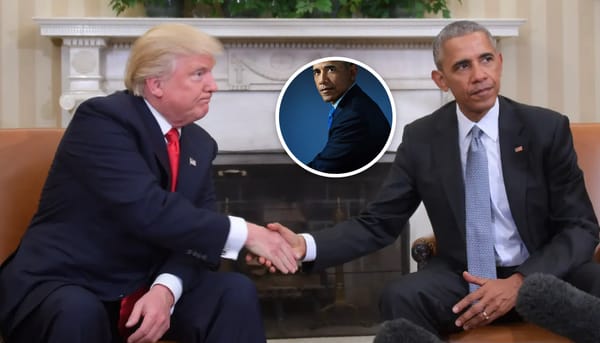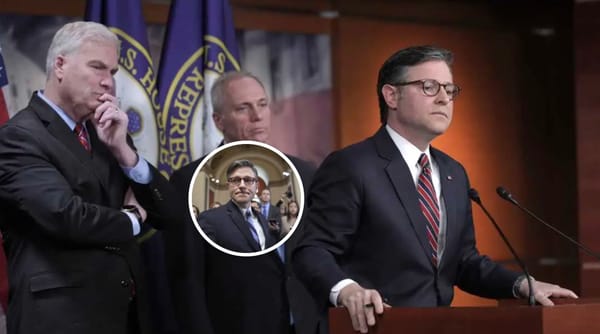Trump Admin Shocks Supreme Court Arguing 14th Amendment Misinterpreted
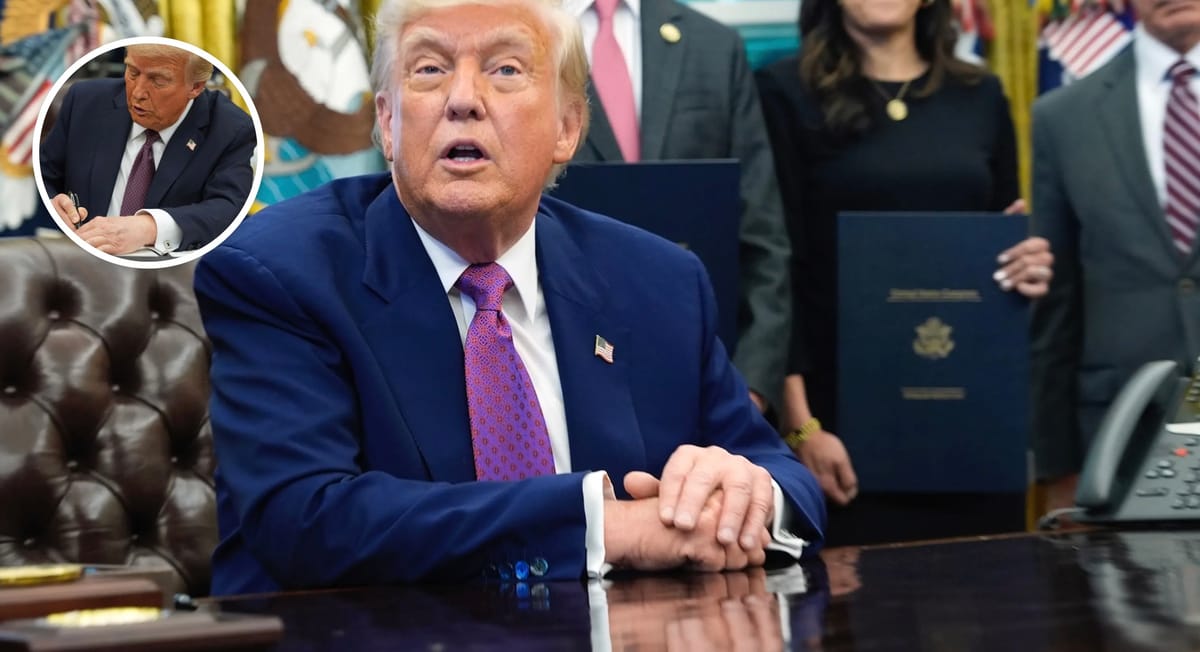
The U.S. Supreme Court recently convened for arguments in a case that could reshape a fundamental aspect of American identity.
At the heart of the matter is birthright citizenship, and the Trump administration presented a legal argument many found striking.
A Long-Standing Principle Questioned
For over a century, the understanding has been clear: babies born in the United States are automatically citizens.
This principle is based on the Fourteenth Amendment, enacted after the Civil War.
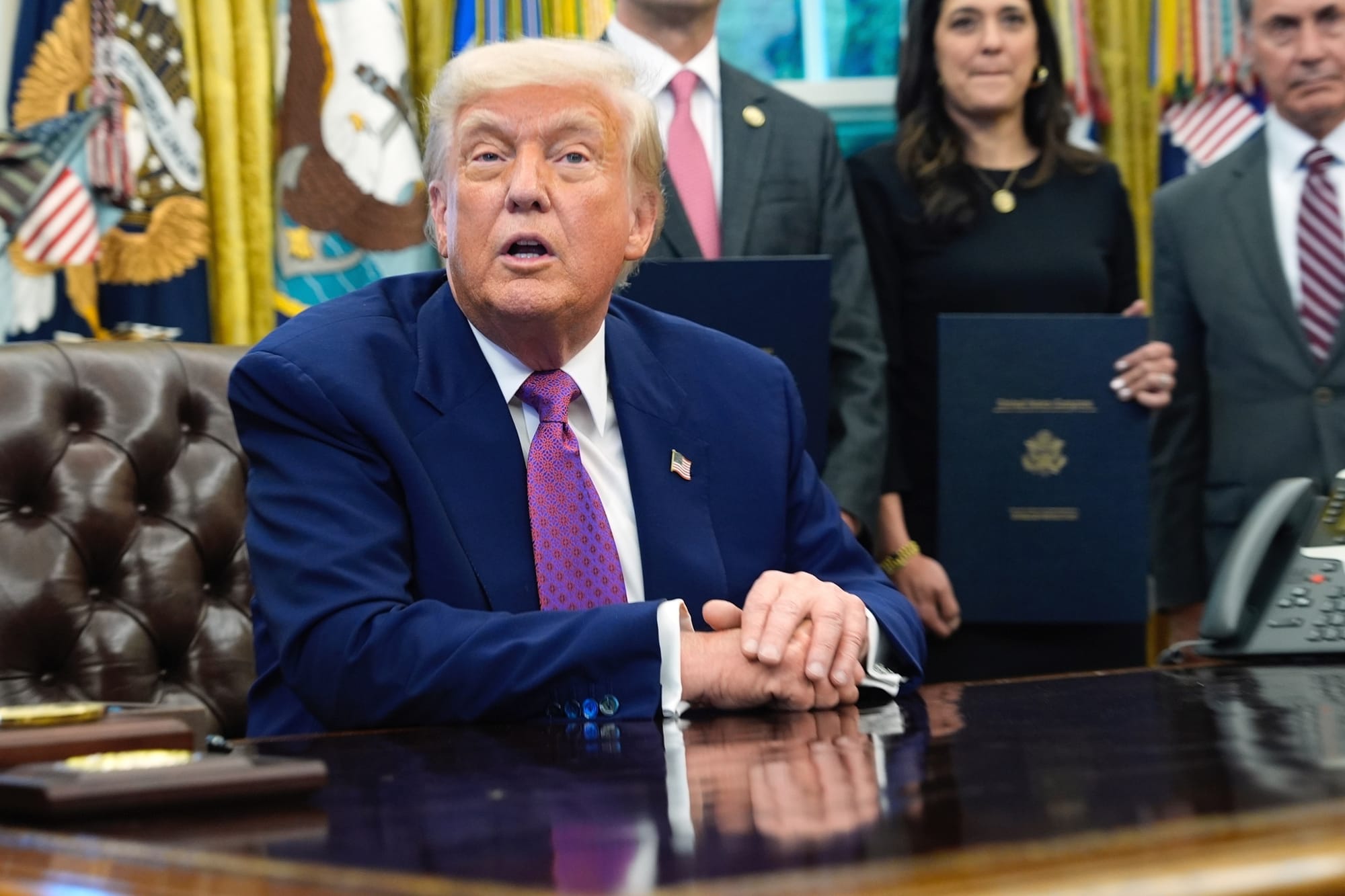
Specifically, the relevant text declares, "All persons born or naturalized in the United States, and subject to the jurisdiction thereof, are citizens of the United States and of the State wherein they reside."
The Supreme Court affirmed this interpretation 127 years ago and has upheld it since.
Executive Action and Legal Challenges
Early in his presidency, President Trump issued an executive order challenging this long-held interpretation.
His order aimed to limit automatic citizenship for children born in the U.S. to parents who entered the country illegally or were on temporary visas.
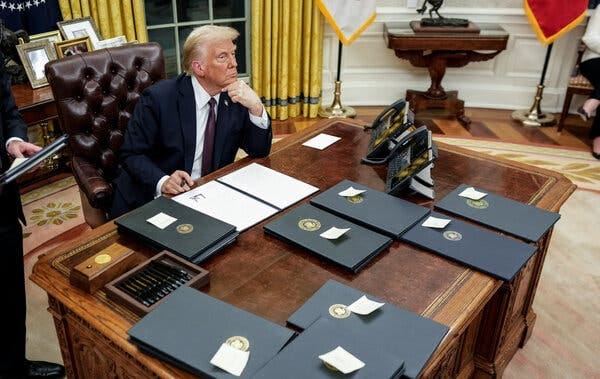
This action sparked immediate legal challenges from immigrant rights groups and a coalition of 22 states.
Multiple federal district court judges invalidated the order.
These judges issued "universal injunctions," blocking the administration from enforcing the policy anywhere in the country.
The Fight Over Nationwide Injunctions
When appeals courts declined to intervene quickly, the Trump administration escalated the fight to the Supreme Court.
Their petition specifically asked the high court to block these universal injunctions altogether.
The administration argued that single district judges should not possess such broad authority to halt federal policy nationwide.
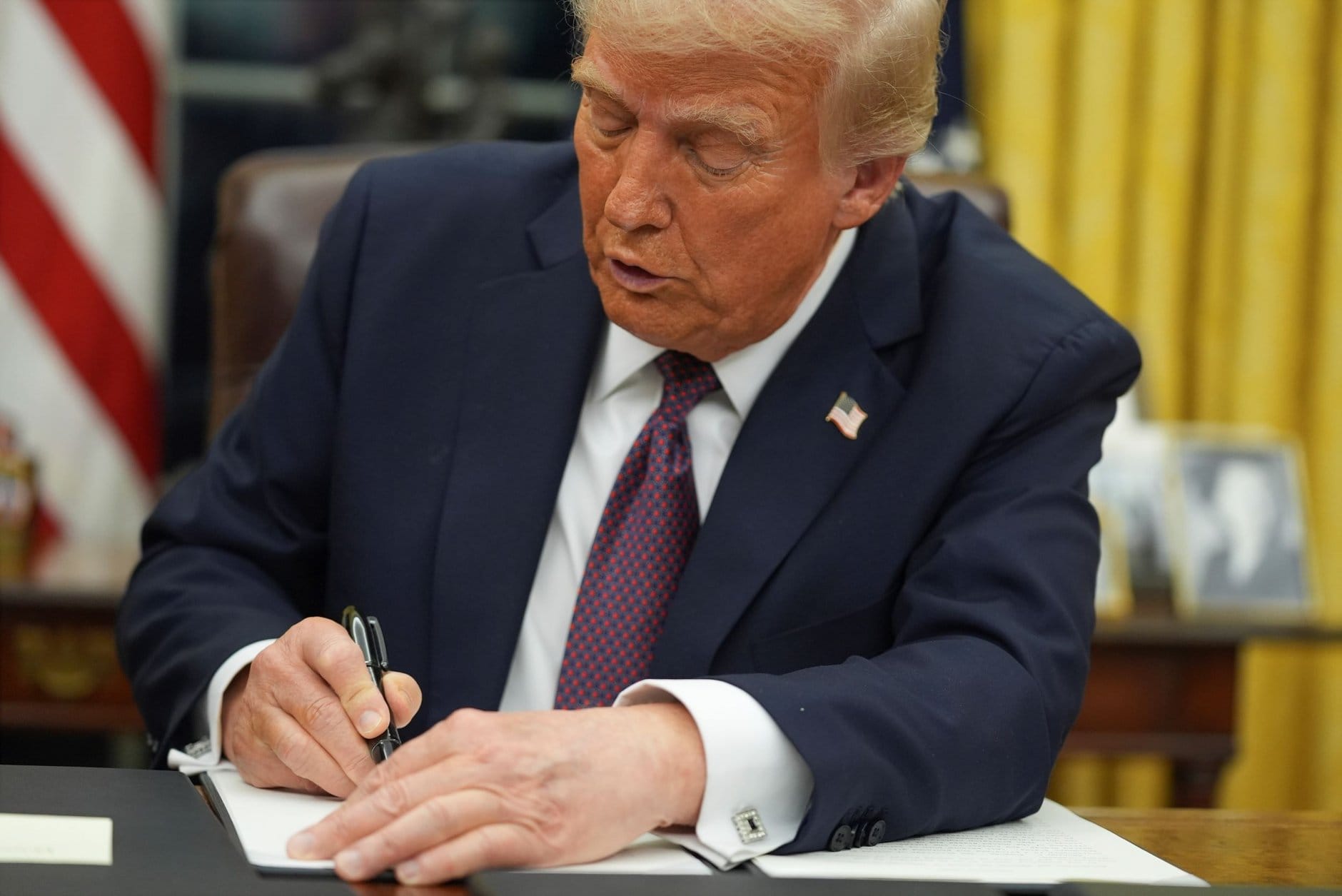
This debate over the scope of judicial injunctions was a major focus of the more than two hours of arguments heard by the justices.
Chief Justice John Roberts noted the potential benefits of allowing appeals courts time to fully rule on cases before they reach the Supreme Court, particularly in emergency matters.
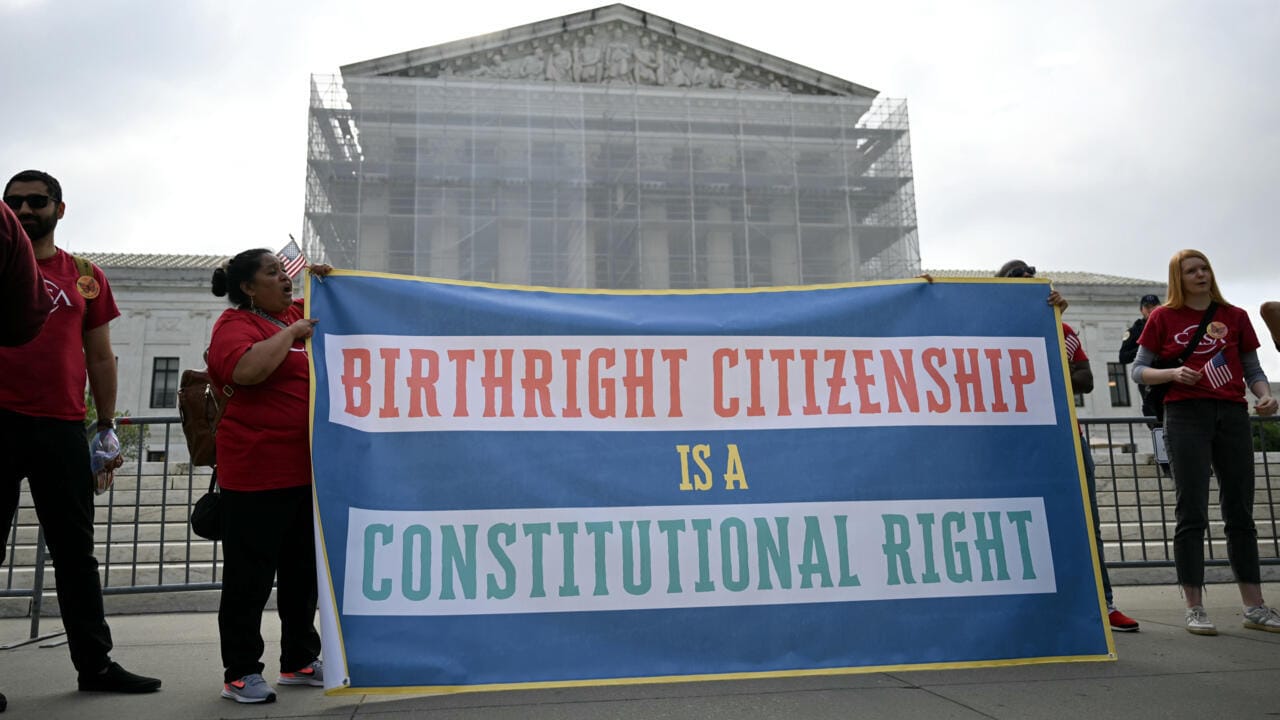
Justice Samuel Alito also reflected on the potential for chaos if many district court judges could issue nationwide orders, though he seemed to question the effectiveness of alternative approaches suggested by the administration.
“So the answer is that the practical problem would not be solved,” Justice Alito stated, adding, “what is the point of this argument about universal injunctions?”
Probing Questions from the Bench
The justices posed numerous questions to Solicitor General D. John Sauer, representing the administration.
Their questions explored both the practical implications of the executive order and the administration's stance on judicial authority.
Justice Brett Kavanaugh pressed on the real-world challenges for hospitals and states determining the citizenship of newborns.
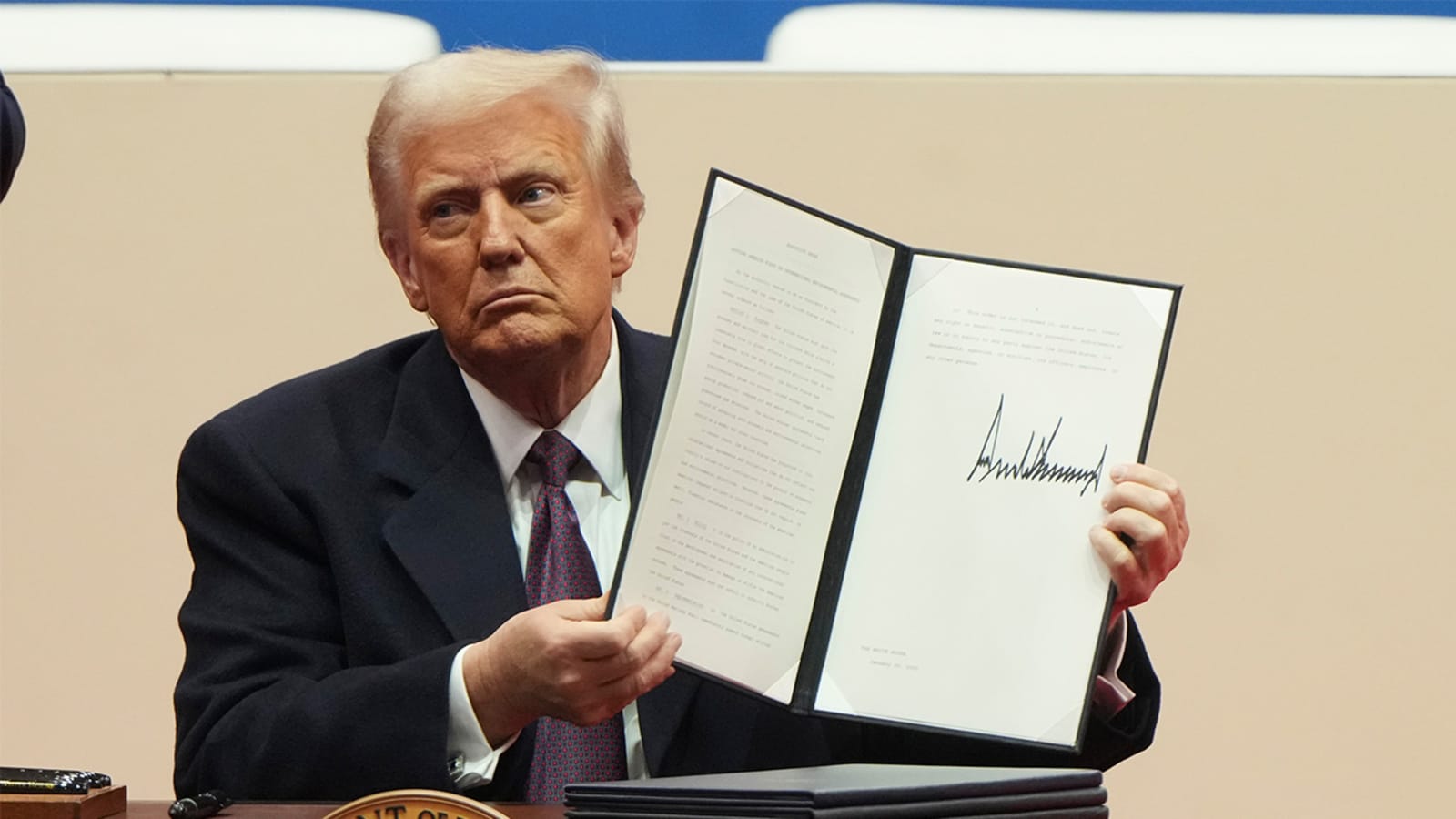
"What do hospitals do with a newborn? What do states do with a newborn?" Justice Kavanaugh asked. Sauer responded that federal officials would need to figure out documentation requirements. "For all newborns?" Kavanaugh queried, to which Sauer replied, "We just don't know."
Justice Ketanji Brown Jackson raised concerns about the potential need for individual lawsuits if nationwide injunctions were disallowed, suggesting it could create a difficult system for challenging potentially unlawful government actions.
Justice Amy Coney Barrett questioned the administration's position on whether it would feel bound by circuit court precedents it disagreed with.
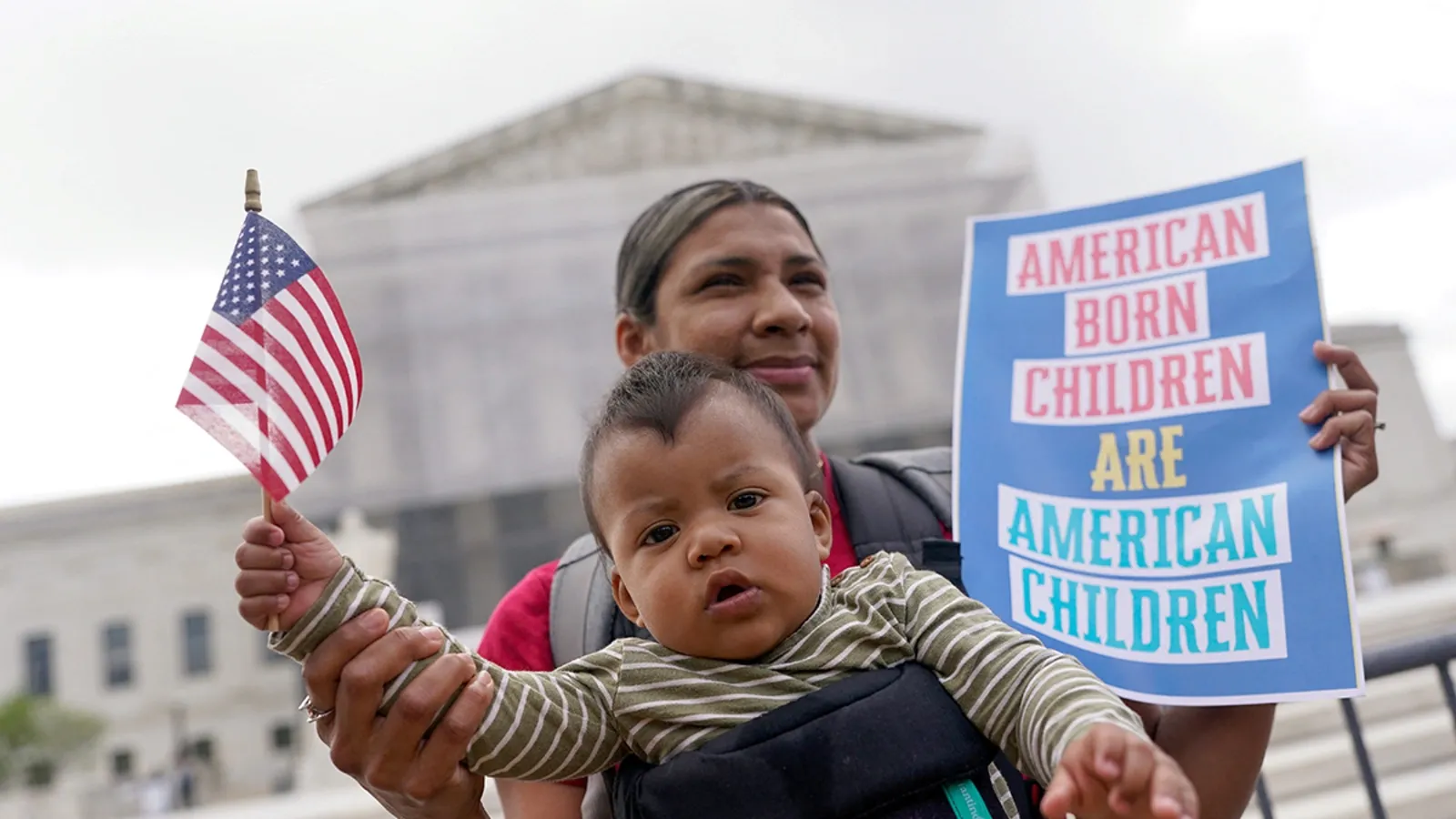
"Did I understand you correctly to tell Justice Kagan that the government wanted to reserve its right to maybe not follow a … circuit court precedent, say, in New York, because you might disagree with the opinion?" Justice Barrett asked the Solicitor General.
Sauer replied, "There are circumstances when it is not a categorical practice."
The Core Argument That Drew Attention
Amidst the discussions on injunctions and practicalities, the Solicitor General opened his argument with a bold assertion directly challenging the established view of the Fourteenth Amendment.
He insisted President Trump was correct in believing the amendment had been wrongly interpreted for over a century.
This was perhaps the most attention-grabbing part of the administration's presentation.
“This order reflects the original meaning of the Fourteenth Amendment," Sauer argued, "which guaranteed citizenship to the children of former slaves, not to illegal aliens or temporary visitors.”
This argument, grounded in a particular view of original intent, seeks to overturn decades of precedent regarding who is automatically granted citizenship at birth in the United States.
The administration contended that the lower courts had exceeded their authority by issuing universal injunctions based on what they view as a flawed interpretation of the Constitution.
Arguments concluded with the justices signaling they were grappling with both the substantive constitutional question and the procedural issue of judicial power.
A decision in this significant case, which could redefine a long-understood aspect of American citizenship, is anticipated by early summer.
